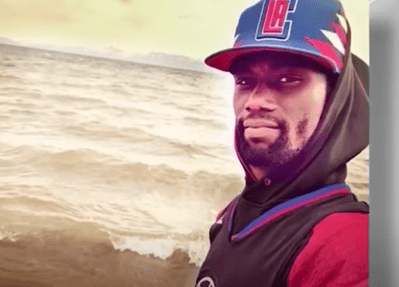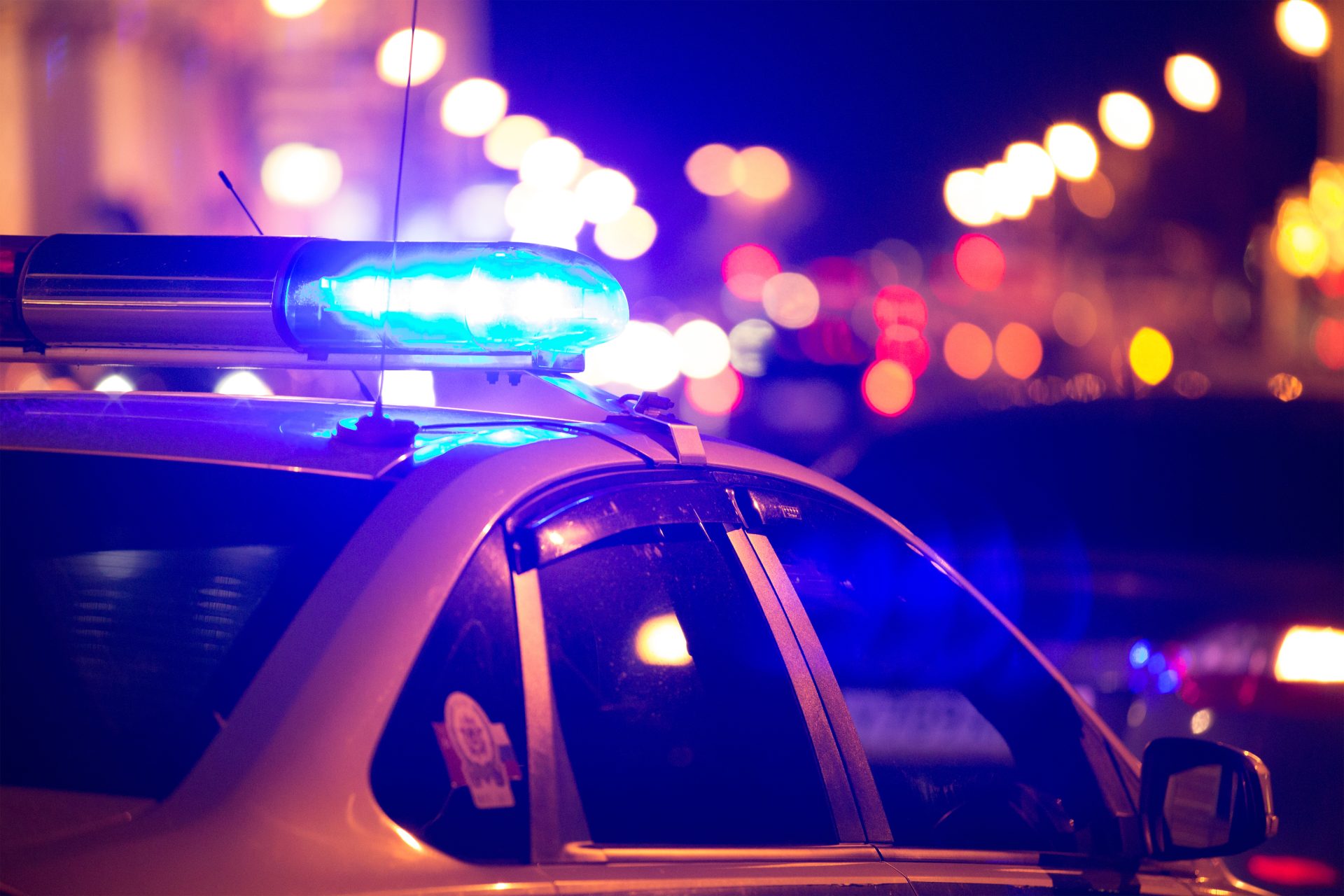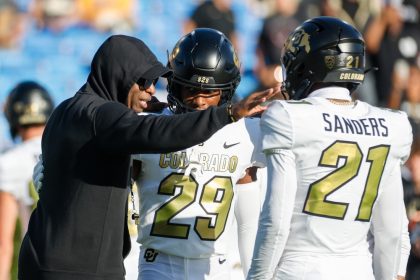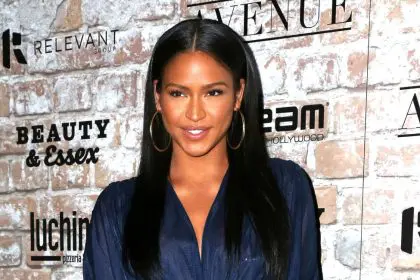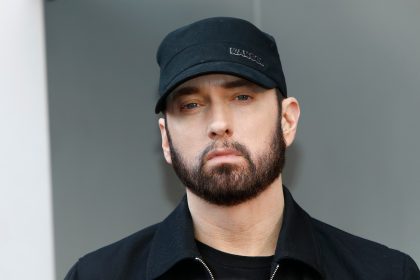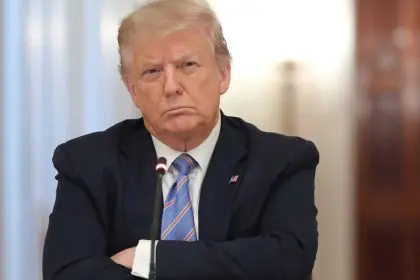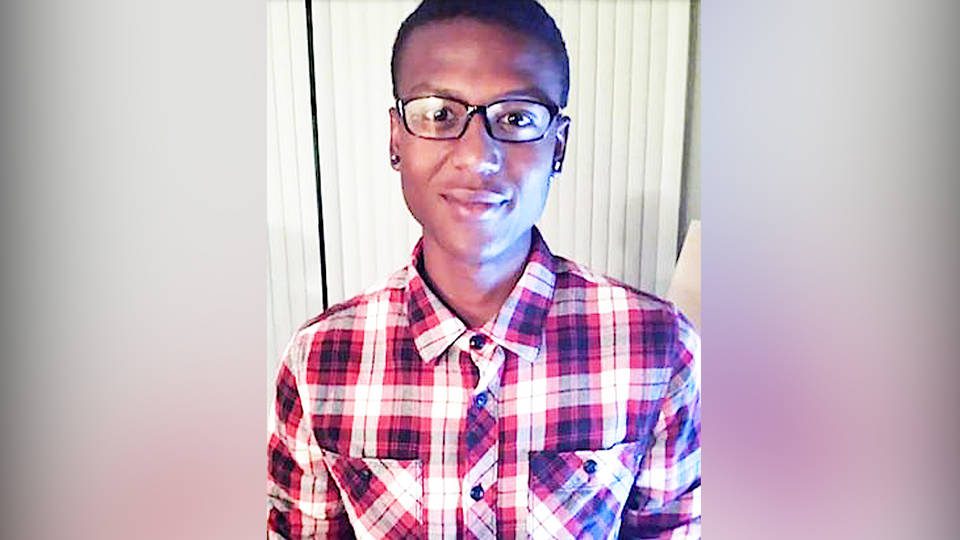
Elijah McClain‘s family lawyer announced a settlement agreement with the city of Aurora, Colorado, in a federal civil rights lawsuit.
No further details were released about the settlement in the attorney’s announcement. The reported agreement comes over two years after McClain’s Aug. 30, 2019 death, when the 23-year-old Black man was put in a now-illegal chokehold by police officers and injected with 500 milligrams of ketamine, well over the recommended amount for his weight.
“No amount of money can ever compensate Ms. (Sheneen) McClain for the devastating loss [of] her son, who she raised as a single mother,” family attorney Matthew Cron said in a statement to USA TODAY. “Ms. McClain would give anything for Elijah to experience the full, long life that he so richly deserved.”
In September, five officers and medics were indicted by a Colorado grand jury for his death.
Later that month, a 14-month investigation, published in a 112-page document, found the Aurora Police Department and Aurora Fire Rescue showed patterns of “racially-biased policing, using excessive force and failing to record required information when it interacts with the community.”
On the night of Aug. 24, 2019, McClain was walking home from the store when officers stopped him, responding to a report that he wore a ski mask into the store and looked “sketchy.” An officer accused McClain of reaching for one of the policeman’s weapons before forcing him to the ground and putting him in the now-banned carotid artery chokehold. Paramedics arrived shortly after the arrest and injected the ketamine. The 23-year-old choked on his own vomit, went into cardiac arrest on the scene and died six days later.
He was not accused of committing a crime.
Last year, former Aurora officers Kyle Dittrich. Erica Marrero and Jason Rosenblatt, were fired after images surfaced of them mocking McClain’s death. A fourth officer resigned amid the aftermath of the photo.
The local district attorney initially declined criminal charges against the officers involved in 2019, and the death seemed to fly under the national media radar until the summer of 2020 — when worldwide protests against racial injustice spurred following the murder of George Floyd.




